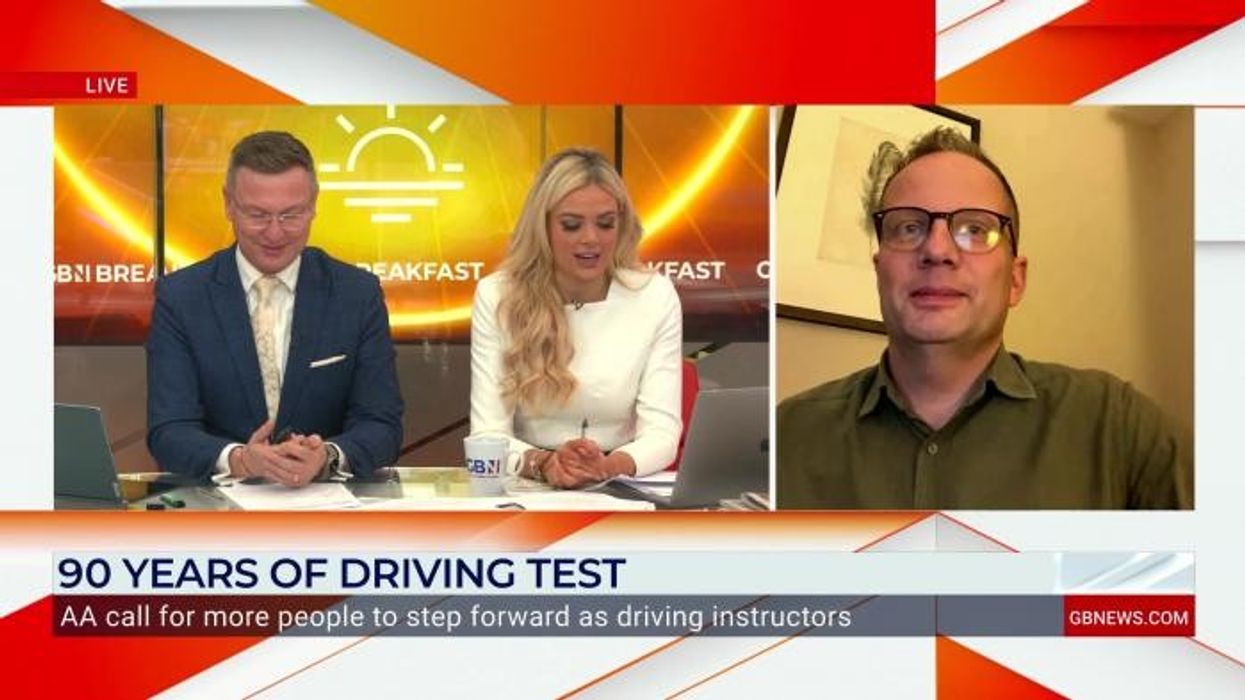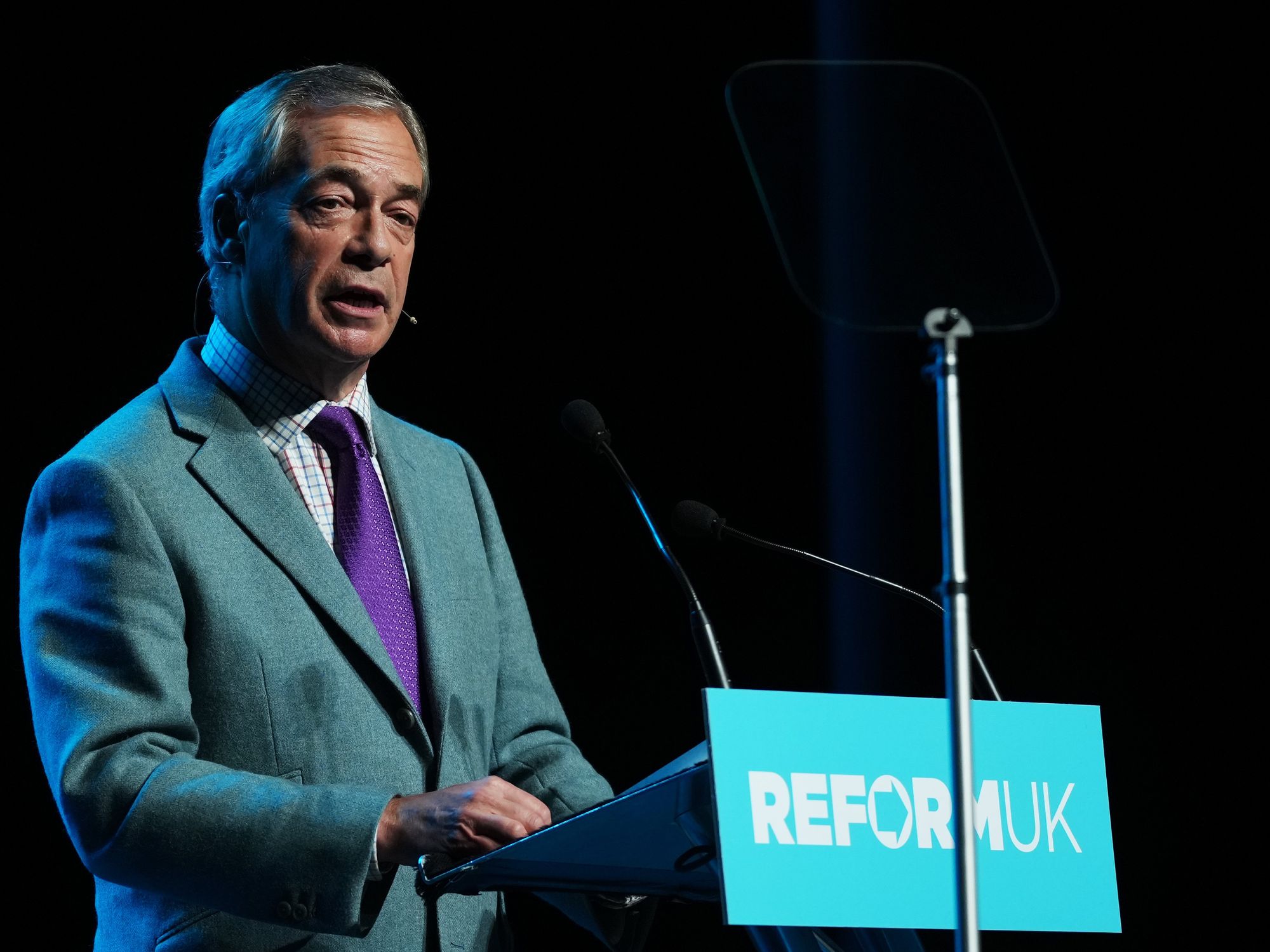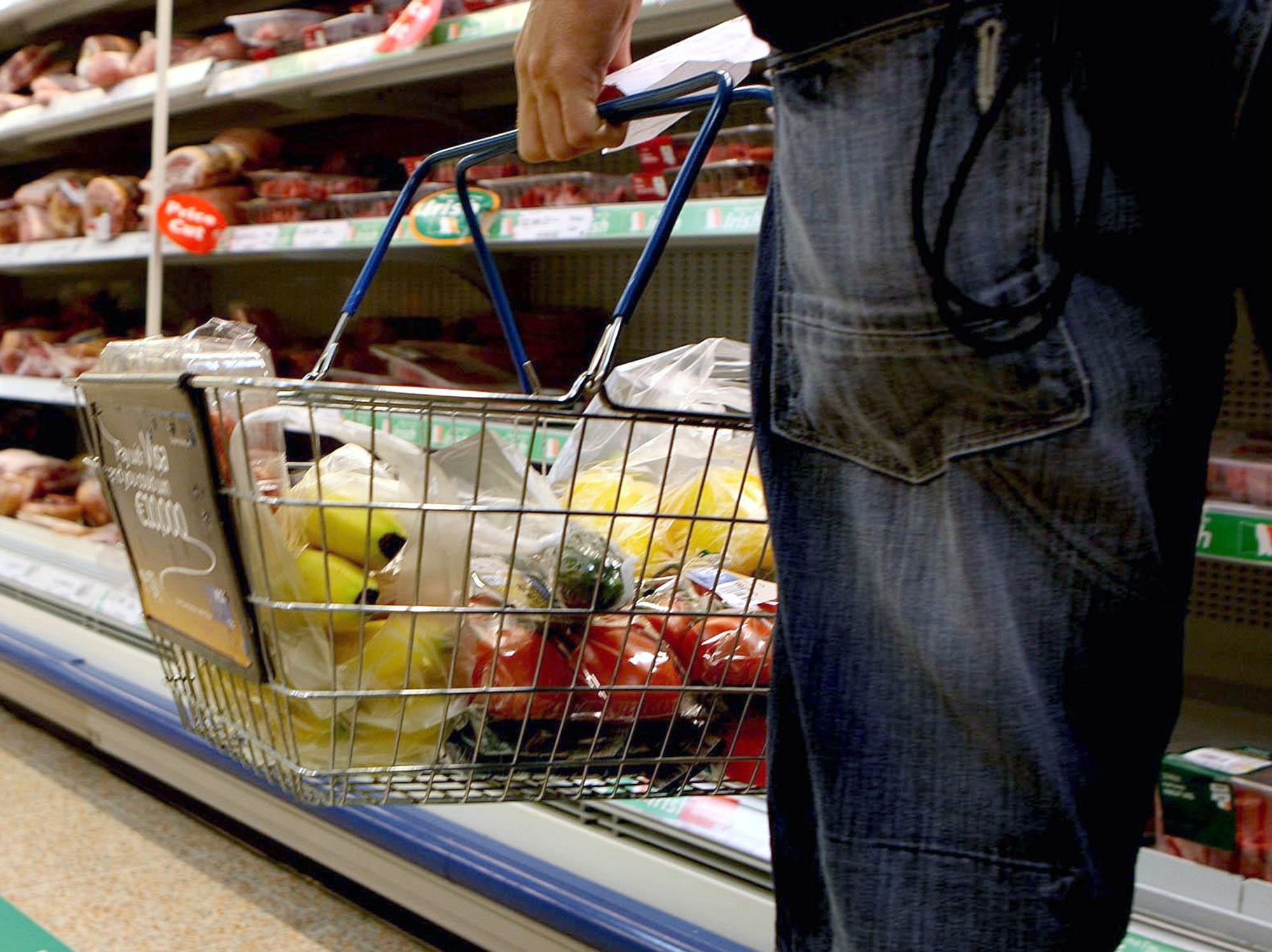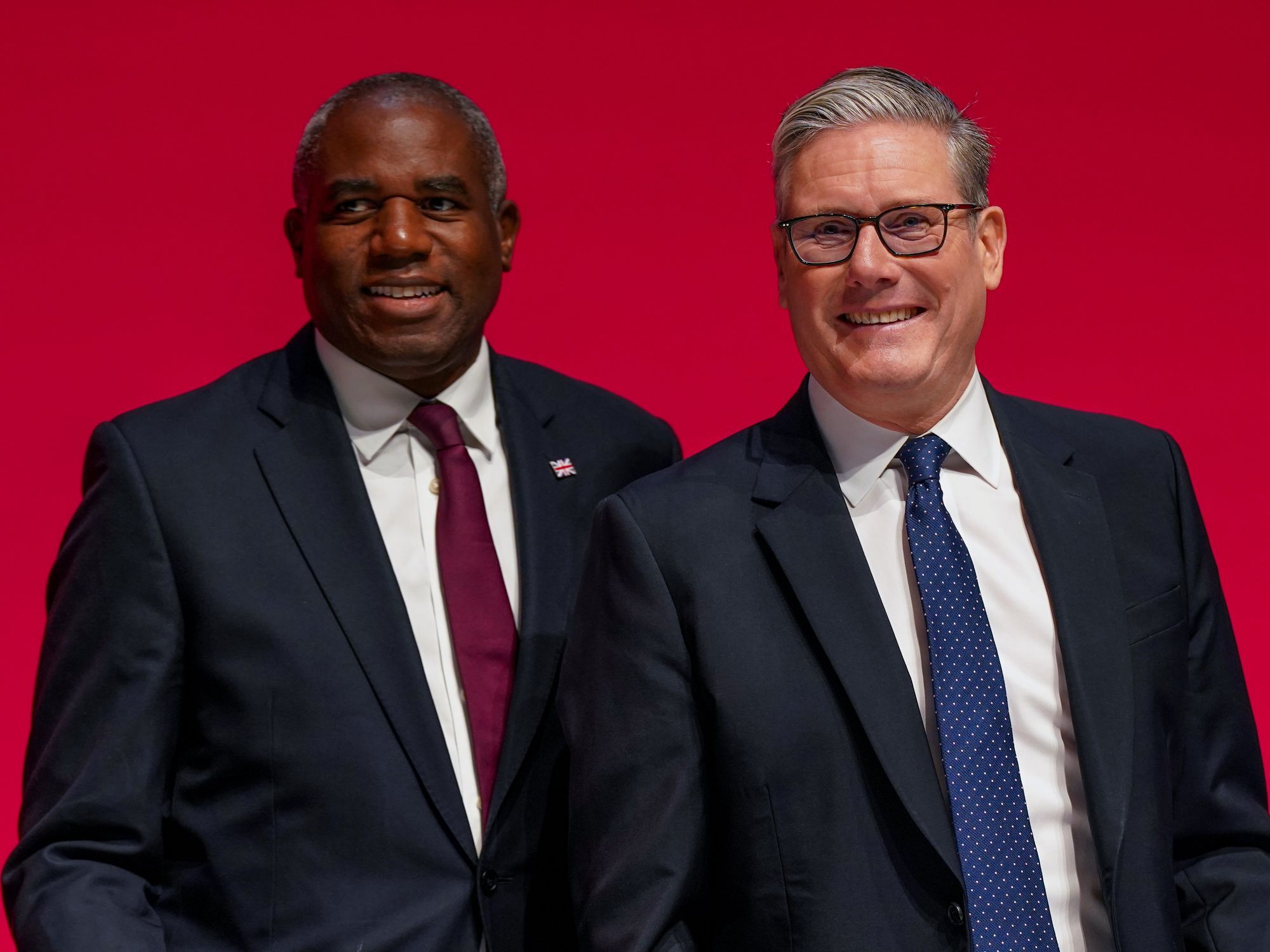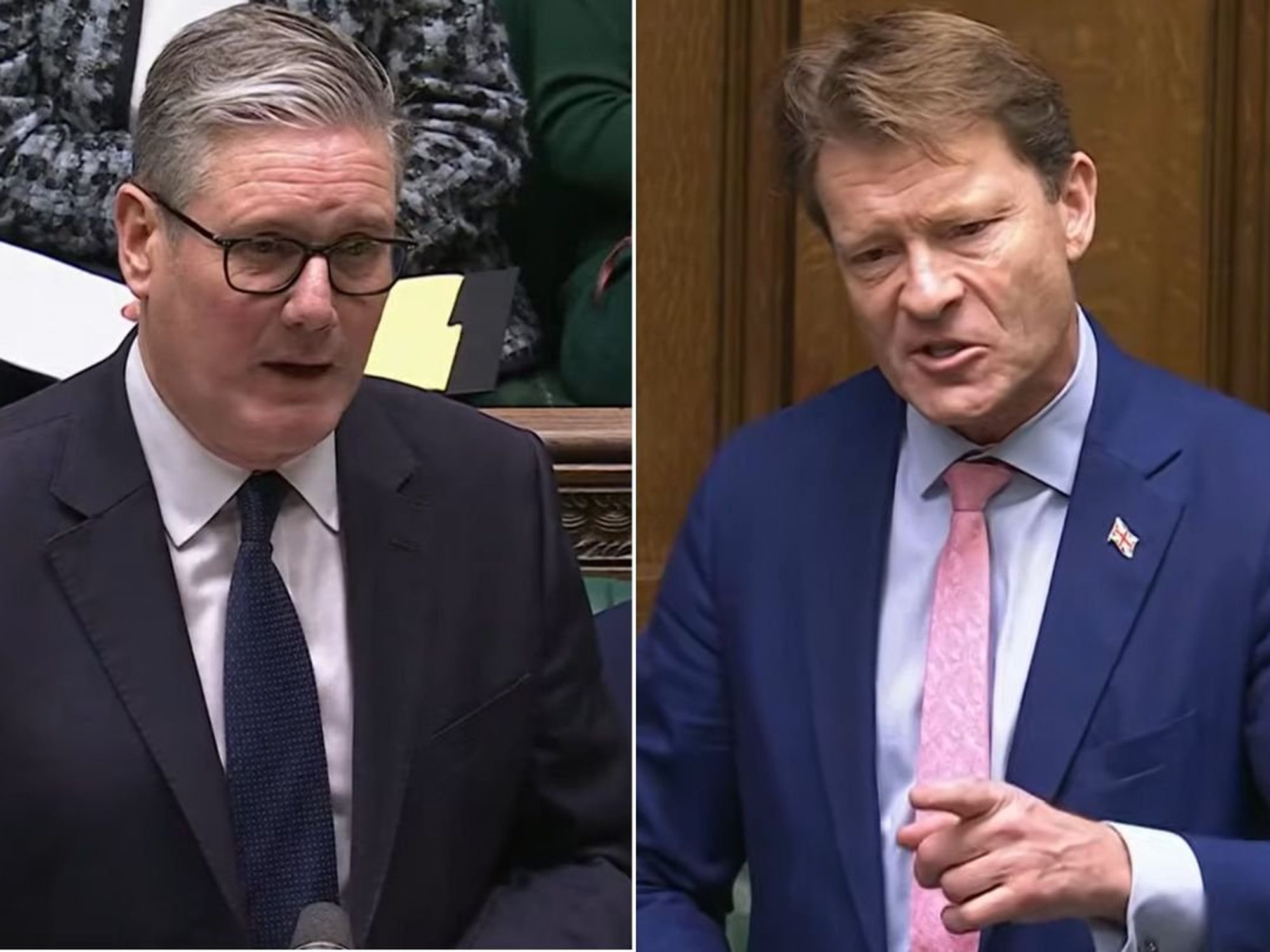Driving law changes you missed in May - Congestion Charge price hikes, HMRC update and DVSA rules

GB News has rounded up the most important new driving laws
Don't Miss
Most Read
Drivers are being warned of new motoring rules which launched over the past few months, which could impact their vehicles.
May saw a number of critical driving laws being introduced to improve road safety, while two new consultations have launched to make changes to the Congestion Charge and driving test booking systems.
To help drivers deal with the countless motoring changes, GB News has rounded up the most important new rules you need to be aware of.
Do you have a story you'd like to share? Get in touch by emailing motoring@gbnews.uk
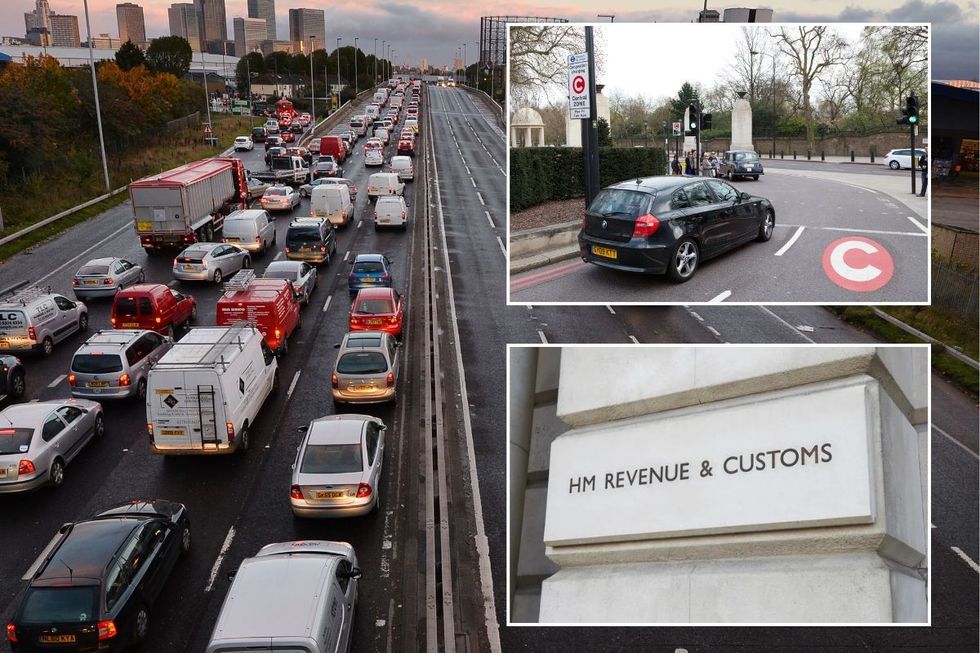
Several major driving law changes were introduced in recent weeks
|GETTY/TFL
Congestion Charge
Transport for London has proposed introducing changes to the capital's Congestion Charge to incentivise the use of electric vehicles and reduce congestion.
As part of a new consultation, TfL is proposing to set the daily charge at £18 from January 2026, a rise of £3 per day from its current rate.
It comes as TfL prepares to remove the Cleaner Vehicle Discount for zero emission cars on December 25, 2025, with proposals for a new system for electric vehicles.
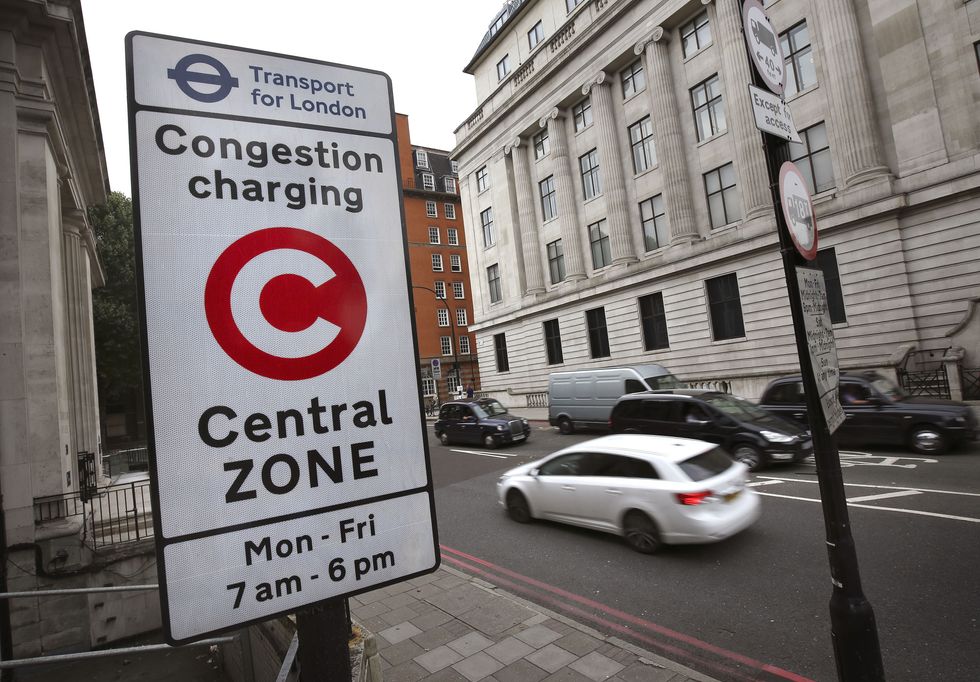
London's Congestion Charge could see prices rise to £18 per day
| PAOne of the suggestions included in the consultation includes a 50 per cent discount for electric vans, HGVs, light quadricycles and heavy quadricycles registered for Auto Pay, as well as a 25 per cent discount for electric cars from January 2, 2026.
The second discount would see the vans, HGVs and quadricycles receive a 25 per cent discount from March 4, 2030, while electric cars would save 12.5 per cent.
The consultation also looks to amend rules around the Congestion Charge to consider increasing the rate each year in line with Tube fares - namely inflation plus one per cent, or a lower amount.
Seb Dance, Deputy Mayor for Transport, praised the consultation, saying not making any changes would see 2,200 more vehicles using the Congestion Charge on an average weekday next year.
LATEST DEVELOPMENTS:

The new HMRC rates will be active until next April
| GETTYFuel VAT charges
HMRC announced new VAT road fuel scale charges on May 1, which will be in place until April 30, 2026. The charges account for the private consumption of fuel on a business vehicle.
The new rates show a notable drop in charges compared to the previous year's rates. Vehicles which emit less than 120g/km of CO2 will see the annual charge fall from £702 to £661.
The most polluting petrol and diesel vehicles will have to fork out a staggering £2,314 if they emit more than 225g/km.
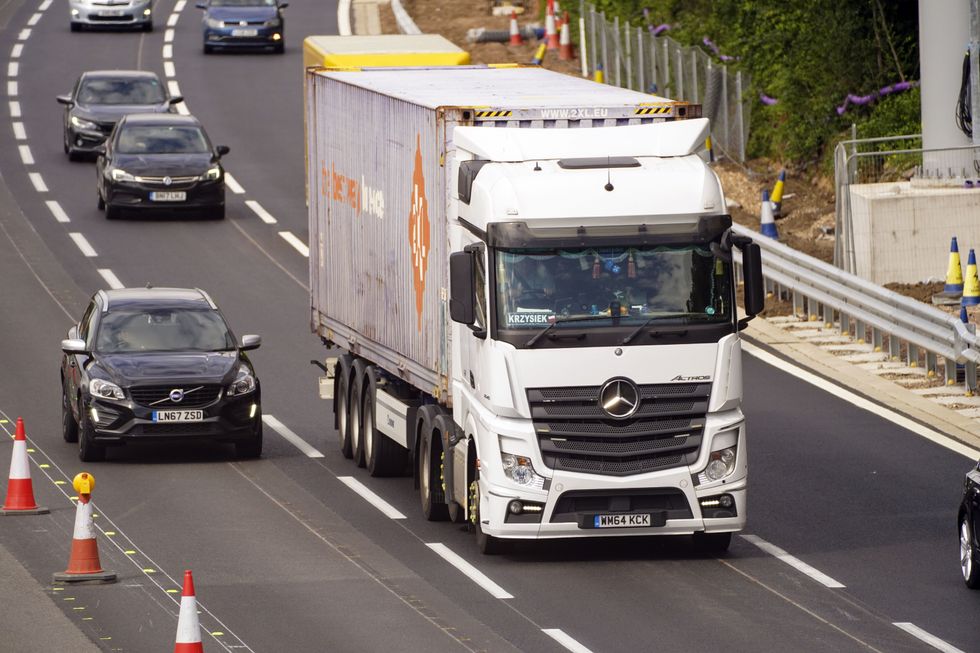
HGV drivers will need to ensure their vehicles meet safety requirements
| PAHGV rules
Transport for London also set a May deadline for HGVs to adhere to the latest safety guidance through the installation of the Progressive Safe System.
The PSS and the HGV Safety Permit Scheme are key facets of Mayor Sadiq Khan's plan to eliminate all deaths and serious injuries on the capital's roads by 2041.
Any driver or company which applied for a grace period before October 28, 2024, had an additional six months (May 4, 2025) to install the Progressive Safe System and obtain an HGV safety permit.
 Thousands of learner motorists have been forced to wait for months to book a driving test | PA
Thousands of learner motorists have been forced to wait for months to book a driving test | PADVSA
The Driver and Vehicle Standards Agency (DVSA) has also launched a consultation to crack down on bots buying driving tests, which has caused an enormous backlog of tests.
A previous call for evidence attracted 27,000 responses, with the DVSA unveiling potential changes to make the system of booking a driving test fairer for learners.
The organisation argues that preventing reselling rather than an outright ban for instructors is a better approach as it stops the problem at the source, rather than "just the symptoms".


